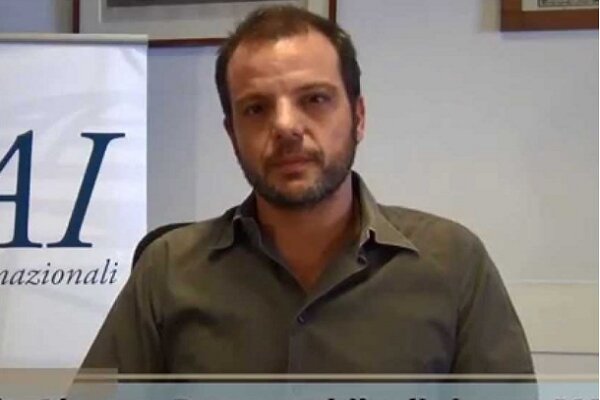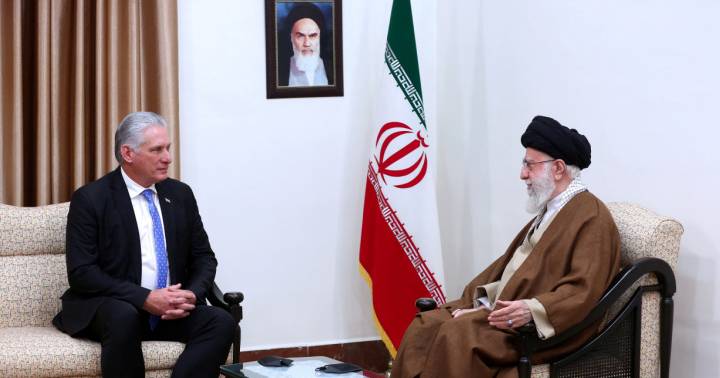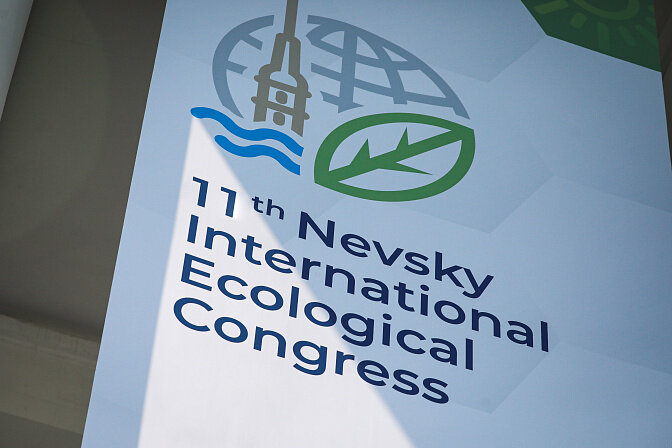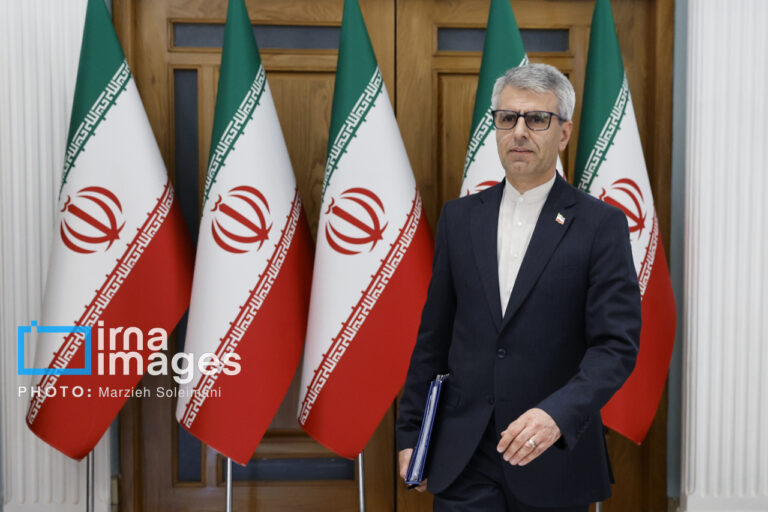Iran Faces Pivotal Negotiation Challenges Amid US Double Standards
As Donald Trump embarks on his second term, the global community is keenly observing how his administration will navigate its relationship with Iran. Trump’s approach to Iran has been a focal point of international relations, especially following his “maximum pressure” campaign during his initial presidency. This strategy, heavily influenced by key figures such as Secretary of State Mike Pompeo and National Security Advisor John Bolton, resulted in significant tensions, economic sanctions, and near-military confrontations. The central question remains: will Trump persist with his previous tactics, or could there be a shift in strategy?
In a recent interview, Riccardo Alcaro, the Head of Research at the International Affairs Institute (IAI) in Rome, provided insights into the potential trajectory of Trump’s Iran policy. He notes that while the administration is still surrounded by hardliners, Trump appears to have gained more control and seems genuinely interested in negotiating a deal with Iran. Unlike his first term, where advisors heavily influenced his foreign policy decisions, Trump may now have the leverage to strike an agreement that could gain support from Congress and the Republican Party—something the Joint Comprehensive Plan of Action (JCPOA) failed to achieve.
In this article, we delve into the potential direction of Trump’s Iran policy, the role of European nations in facilitating negotiations, and the broader implications for regional stability.
Trump’s Second Term and Iran: A Potential Policy Shift
As the United States political landscape evolves, one of the most pressing issues in international relations is how Trump’s return to power will impact global diplomacy, particularly regarding Iran. Analysts are closely monitoring this relationship, given its significance in US foreign policy discussions over the years.
During his first term, Trump’s “maximum pressure” policy on Iran was shaped by hardline advisors, including Secretary of State Mike Pompeo and National Security Advisor John Bolton. This approach involved stringent economic sanctions and an unwavering stance against the Iranian government. Despite this hardline approach, Trump exhibited some willingness to negotiate, albeit under terms that Iran deemed unacceptable.
As Trump enters his second term, the dynamics have evolved. Although his administration is still influenced by Iran hawks, such as National Security Advisor Michael Waltz and Secretary of State Marco Rubio, Trump seems to be exerting more control over his policy direction. His recent reimplementation of maximum pressure tactics suggests a continuation of previous strategies, yet his rhetoric hints at a newfound openness to negotiation.
Some experts argue that Iran may have a better opportunity to secure a long-term agreement with Trump than with any other US administration. Although negotiations are expected to be challenging, an agreement endorsed by Trump and supported by congressional Republicans could offer more stability compared to past diplomatic efforts.
Broader US Foreign Policy Strategy
Negotiating with Iran must be considered within the context of Washington’s broader foreign policy. While each administration has its priorities, an overarching US strategy aimed at preventing Iran from expanding its nuclear program transcends party lines. Historically, both Republican and Democratic administrations have sought to address this issue, albeit through different methods.
Trump’s withdrawal from the JCPOA in 2018 was primarily driven by his intention to dismantle Obama-era policies and align with a traditional hardline stance on Iran. However, as his second term unfolds, he may focus on establishing a legacy through a significant diplomatic breakthrough. Nevertheless, the unpredictability of Trump’s commitment to sustained negotiations raises concerns about the feasibility of any new agreement.
Europe’s Role in Future Negotiations
From a European perspective, Iran’s skepticism towards the US is both understandable and challenging. European nations, particularly the E3 (Germany, France, and the UK), have faced difficulties in maintaining the JCPOA amidst US extraterritorial sanctions. They have expressed frustration over Iran’s failure to reactivate the JCPOA in 2022 and are increasingly alarmed by Iran’s detention of European nationals and its military ties with Russia.
Europe is likely to support a new deal with Trump while being prepared to exert additional pressure on Iran if negotiations falter. The potential activation of the snapback mechanism—reimposing UN sanctions on Iran—remains a viable option if Tehran does not agree to international nuclear oversight.
Potential Consequences of Iran’s Stance
Iran’s leadership has long viewed negotiations with Washington as futile, citing historical instances of US violations of agreements. This deep-seated distrust, combined with a history of inconsistent US policies, complicates any potential diplomatic engagement. From a European viewpoint, Iran’s refusal to negotiate could lead to increased economic pressure and heightened regional tensions.
Moreover, the risk of military confrontation, particularly involving Israel or a US-Israeli coalition, could escalate significantly. However, even if Iran opts for negotiations, success is not guaranteed. Any potential deal would necessitate bold, proactive proposals from Iran while navigating a politically charged landscape filled with challenges from various factions, including those within the US, Israel, and Iran itself.
A Crossroads for Iran
Ultimately, Iran stands at a critical crossroads. While it has valid reasons to distrust US intentions, it also faces the prospect of achieving a more sustainable agreement under Trump’s administration. Such a deal, if approved by Congress, could pave the way for renewed economic engagement, despite the persistent fundamental tensions between the two nations.
Regardless of the path Iran chooses, the stakes could not be higher. A hardline resistance strategy may lead to increased instability and economic hardship, while negotiations—though fraught with uncertainty—could provide a rare opportunity for a more stable future. The coming months will be pivotal in determining whether Iran and the US can identify common ground or if their adversarial relationship will continue to escalate.
MNA






